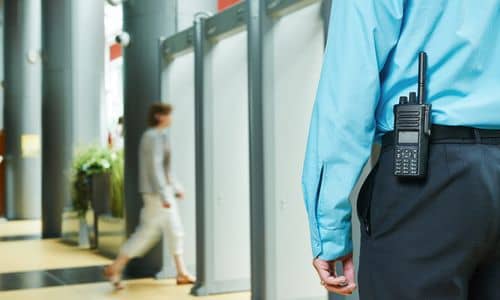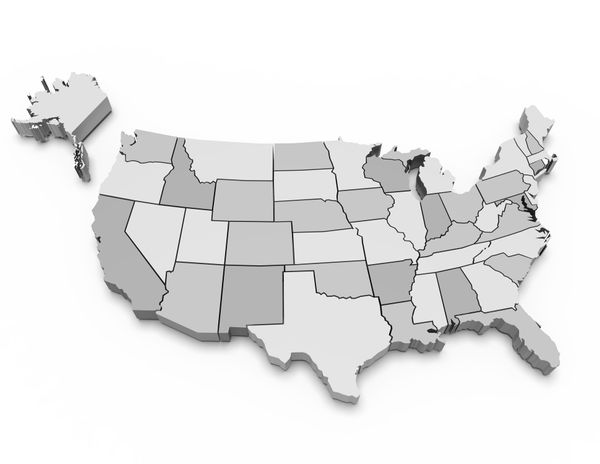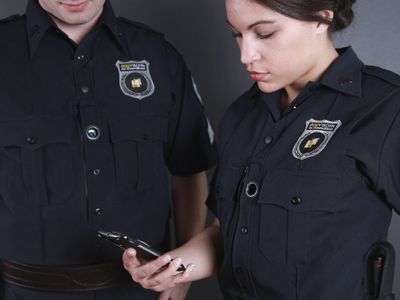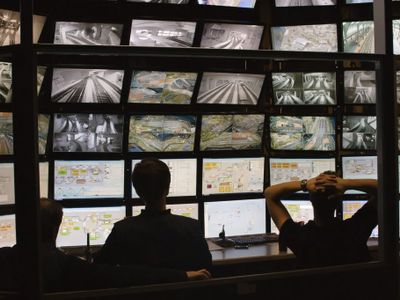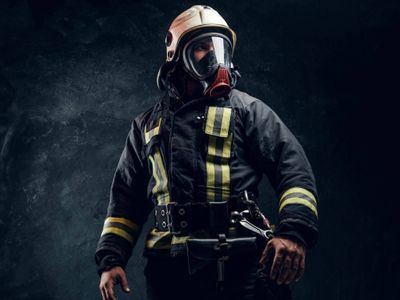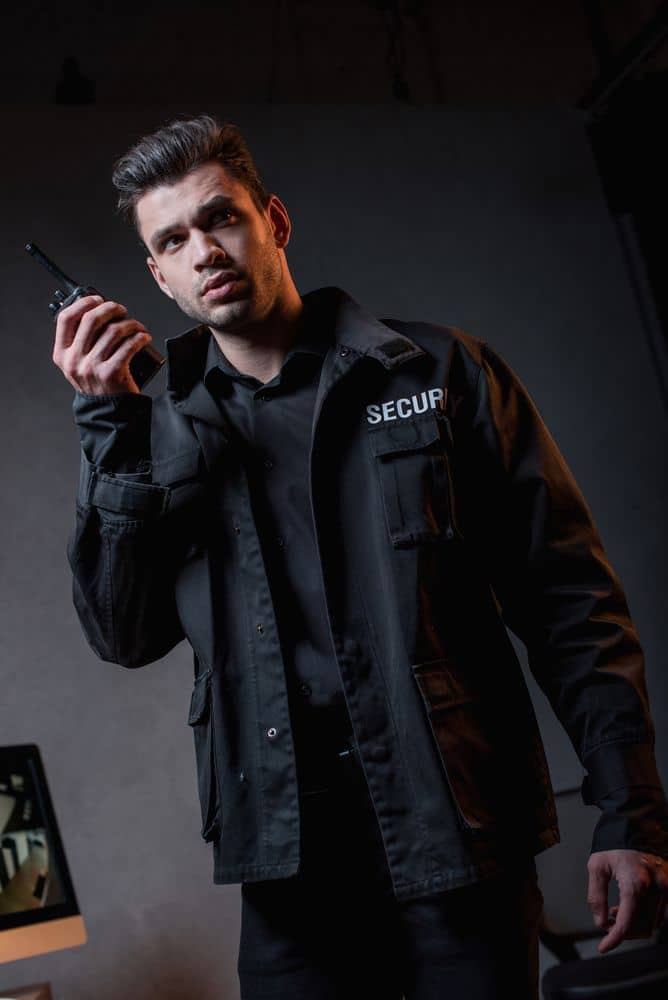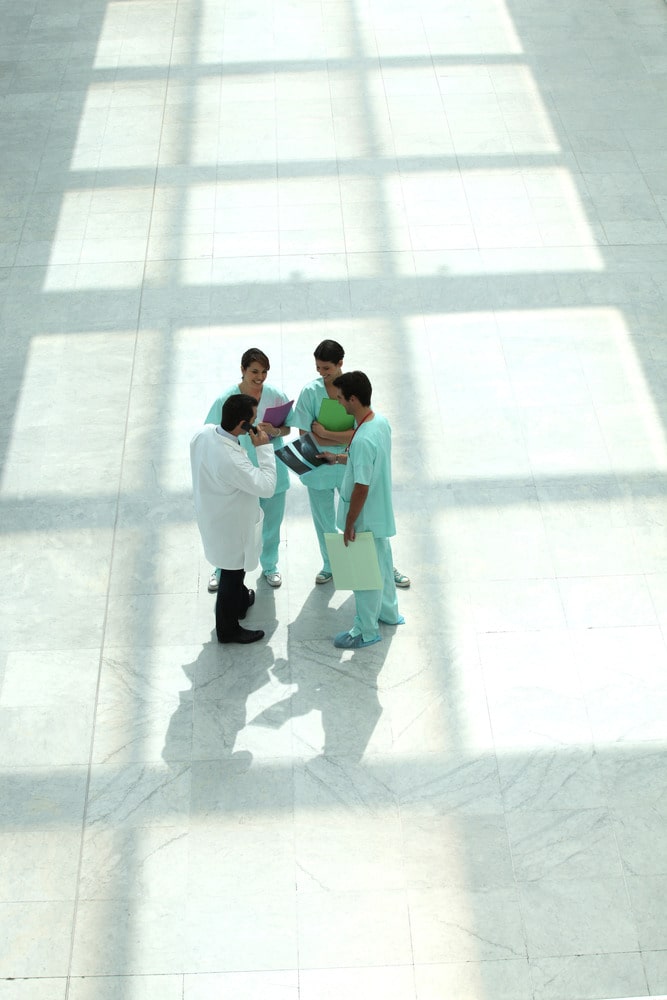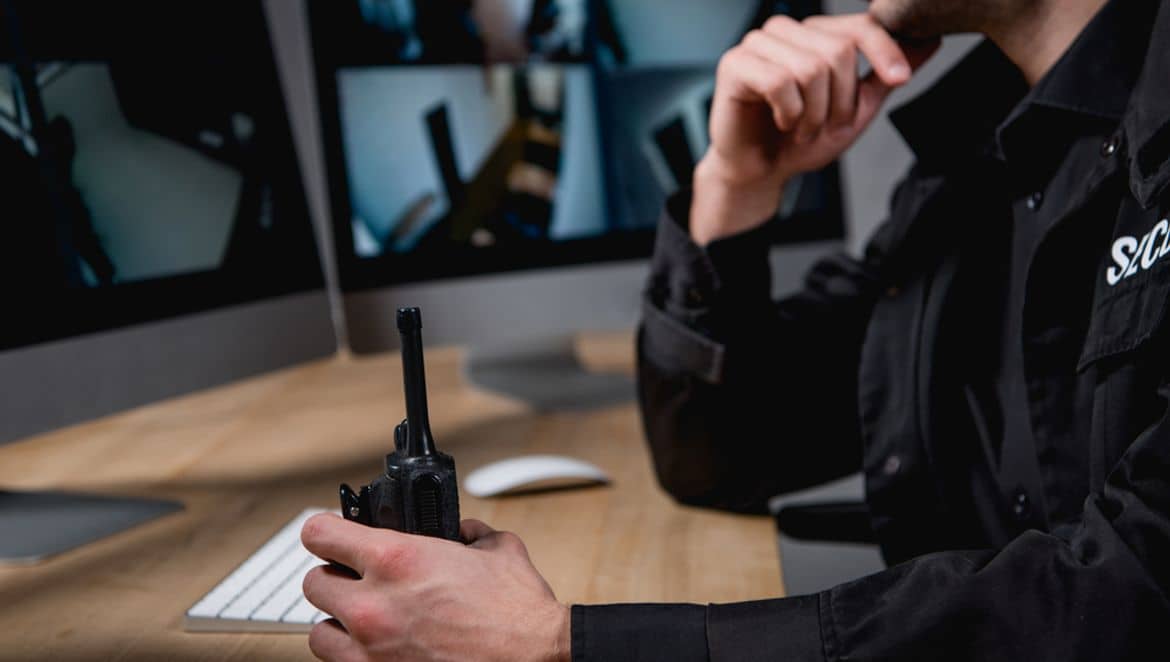A hospital is typically a public space with an open-door policy or environment. This type of operation makes hospitals more susceptible to intrusion, robbery, and violence than most other public places. Even though hospitals employ surveillance systems, they are insufficient for situations that may require immediate human intervention. Here are a few of the duties typically performed by security guards in hospitals, emergency centers, and health clinics.
Threat Recognition
Hospitals have always-open doors, making them frequent targets for vandalism, robberies, and even abductions. Consequently, a trained security guard will be able to quickly identify suspicious behavior and prevent its occurrence.
Limit Entry to Sensitive Areas
A hospital that welcomes all types of patients. This increases the risk that unauthorized individuals will gain access to sensitive areas. Guards can conduct routine ID checks on patients, visitors, and doctors. They can also ensure that no visitors enter labs or other employee-only spaces.
Avoid or Neutralize Physical Conflicts
Hospital employees are occasionally exposed to a high risk of violence. Criminals, visitors, and even patients frequently threaten and assault hospital personnel. If arguments escalate to the point of physical altercations, a trained security officer can swiftly and appropriately intervene to prevent irreparable harm.
Help With Medical Emergencies
In unusual circumstances, security guards can assist healthcare professionals and administrators in the event of an emergency. They might be required to assist. Hospital security personnel are typically trained in cardiopulmonary resuscitation (CPR) and the use of automated external defibrillators (AEDs).
XPressGuards offers a variety of services to meet your organization’s needs. Our team focuses on deploying intelligent security solutions for clients by leveraging our personnel and prior experience.
Your hospital’s security is not an easy task. How do you secure a large institution where many individuals freely enter and exit each day? Where emotions can occasionally run high and stress frequently causes aggressive conduct? A security company can relieve you of all security-related responsibilities, including building surveillance, digital security, and hospital employee safety.
Each hospital is unique. To ensure the safety of your hospital, you must carefully identify the risks and coordinate all individual security measures.
Consider, for instance, object security. Multiple buildings and parking lots with multiple entrances compose your hospital. This type of hospital security encompasses not only gates and barriers, but also door security services and reception. This is handled by a security guard at the hospital.
Illumination and Cameras
To record the cars entering and exiting a parking lot, proper lighting and cameras are required. In addition to installation, inspection, and maintenance of the equipment, fire safety also includes employee instruction and training. A hospital security guard is well-versed in all regulations and ensures that you adhere to all legal requirements.
The importance of hiring hospital security guards is further illustrated by the need to manage aggressive behavior. Where stress and pain exist, aggression can occur. Every year, hospitals in the United States are faced with thousands of incidents involving aggression. How can hospital security be designed to provide a safe and welcoming environment for both staff and patients?
Hospital security guards can train personnel who are more likely to encounter aggression, such as those working in the emergency room. You can also consider hiring healthcare security officers with specialized training. They are trained to deal with emotions, conflicts, and violence and are able to respond swiftly and effectively in emergency situations.
When something unfortunate occurs in the building, hospital security guards will be there to assist you. Before beginning, they are trained to prevent crime. This includes robberies, break-ins, and abuse at the facility. When something goes wrong at the hospital, they are also trained to intervene.
In certain hospitals, such as mental institutions, security guards also instruct other staff members on how to respond to a variety of situations that may arise. In the event that something goes awry, employees should be instructed on what to do. They should be able to promptly report any problems in the facility to management so that the appropriate action can be taken.
Hospital Security During Emergencies
Hospital security guards receive emergency response training in the hospital or in the patient’s room. They accept hospital deliveries in and out of the building at night, help patients into and out of their cars, assist people in their rooms, and transport patients throughout the hospital at all hours. When something goes wrong within the facility, employees are trained to report it immediately.
Additionally, they are trained to act quickly when medical assistance is required. If someone falls and breaks a leg, for example, they are qualified to transport them to the emergency room or any other location where they require assistance. Additionally, they are qualified to assist with basic medical procedures, such as testing for food poisoning.
Respond to Medical Emergencies
Our security guards are taught how to respond to a medical emergency. They are instructed on how to appropriately respond to an emergency call. Some of these emergency response strategies are also taught in classrooms as part of emergency response training. These strategies are essential for preventing crime in hospitals and ensuring patient safety.
Guards also monitor the daily activities of patients, keeping an eye out for signs of distress and other potential threats that could lead to suspicious behavior. Contact us immediately for more details.
